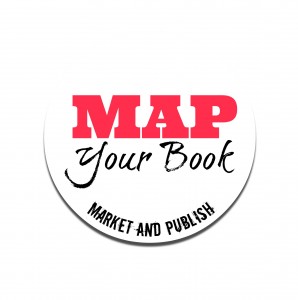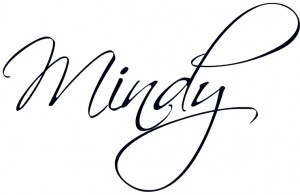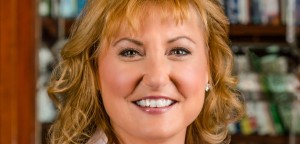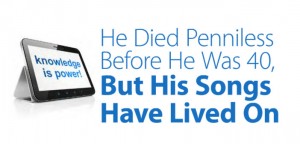Reader base … target audience … ideal buyer …
Call it what you want, they’re what make your book fly. The people who buy and read your book are like the yeast in your bread. They take what you create and raise it to new heights, expanding your reach so you look good to others.
They’re also like the crust on your pie: They give your book structure and form, so your writing doesn’t turn to unnoticed slush.
Which means it’s vital to figure out who they are and where they are and how to get their attention.
Most people think this is hard. Because when you sit in front of your computer screen, staring at your cursor as twilight settles in and the only creatures talking to you are crickets, the idea of finding scores of readers who’ll clamor to buy your book feels like an insurmountable peak.
So I’m going to reiterate something Chris Baty, founder of NaNoWriMo, said when I interviewed him last year:
“I can guarantee there are people out there who have been waiting their entire lives to read your book.”
Isn’t that the greatest? They’re out there waiting for you … you just have to find them. I’ll show you how over the course of this month. But first, there are a few things you need to know so you don’t let this essential element of the marketing process slide:
#1: It’s Never Too Early to Start
If you haven’t yet written your book, you’re in a terrific spot. It’s a huge asset to define your target audience before you write your book. This goes for both fiction and nonfiction writers.
That way, as you’re writing and researching, you’ll have a clear picture in your mind of who you’re writing to. It can help clarify your purpose, and may even keep you on track knowing you have a reader to deliver to.
Some people argue that doing too much research before the book is written can mess with your creative process. I say “Quatsch!” to that. (A word my German host mother always used for “nonsense,” and it’s stuck with me through the years.)
Assuming you want people to buy your book, then it’s never too early to start thinking about how you’ll connect with them. Sure, this could alter a few of your chapters — but what if it’s for the better?
Even if they have no effect on your writing, it’s nice to have a connection with that person Chris Baty talked about who’s waited forever to read your book. Could very well prompt you to keep going when you’re feeling thwarted.
By the way — you’ll benefit from defining your reader even if your book is half-written or already completed. The take-home message is to start now.
#2: It Means You’re More Likely to Get Noticed By Readers Willing to Buy
Some people are against targeting a certain demographic with their book because they feel like it limits their chances of being noticed by everybody.
The truth is, you’ll never be noticed by everybody — and you won’t stand out if you try.
In my career as a copywriter, I’ve often come across advice from experts who say the best thing you can do is specialize, as opposed to being a generalist and offering every kind of writing service to everybody.
As it turns out, specializing is a far more lucrative career move in the long run.
For example, if you tell people you’re a copywriter and you can write terrific copy for their business … that’s great, but not grabbing.
On the other hand, if you say you’re a copywriter for dentists and you write targeted social-media campaigns that bring in new customers, then a lot of dentists will want to know more.
Same thing with writing a book. “I wrote a great thriller novel” is not nearly as strong as “I wrote a middle-grade thriller novel with wizardry and mystical elements.”
And it’s a lot easier to get specific once you define your reader base.
#3: It Makes Life Easier When You Go to MAP (Market and Publish) Your Book
Whether you plan to approach an agent and editor or you think you’ll self-publish, you’ll need a reader profile either way.
That’s because either way, you’ve got to market your book to get noticed. And without an ideal reader tapped, you could become a very small voice in the very big and loud book world.
When you know who you’re talking to, your voice is stronger and louder. This increases your chances exponentially when it comes to getting noticed by someone who’ll buy your book. It may mean the difference between your book exploding in sales versus fizzling after your nine closest friends have placed their orders.
#4: At the End of The Day, It’s Still Your Book
I’ll finish this post by echoing advice I read on publishing expert Jane Friedman’s wildly popular blog about all things related to writing. This was in a guest post by Sean Platt and Johnny B. Truant:
“Be careful who you cultivate as fans and readers. It’s tempting to embrace an ‘all who will have me’ sort of mentality, trying to find ways to please the maximum number of readers.”
In other words, don’t sacrifice the message of your book by trying to write to everybody. Write the book you want to write, with an eye toward the readers most likely to enjoy your art.
Ready to really define your reader? Here are some key demographic questions to get you started.
To your reader-defining success,








